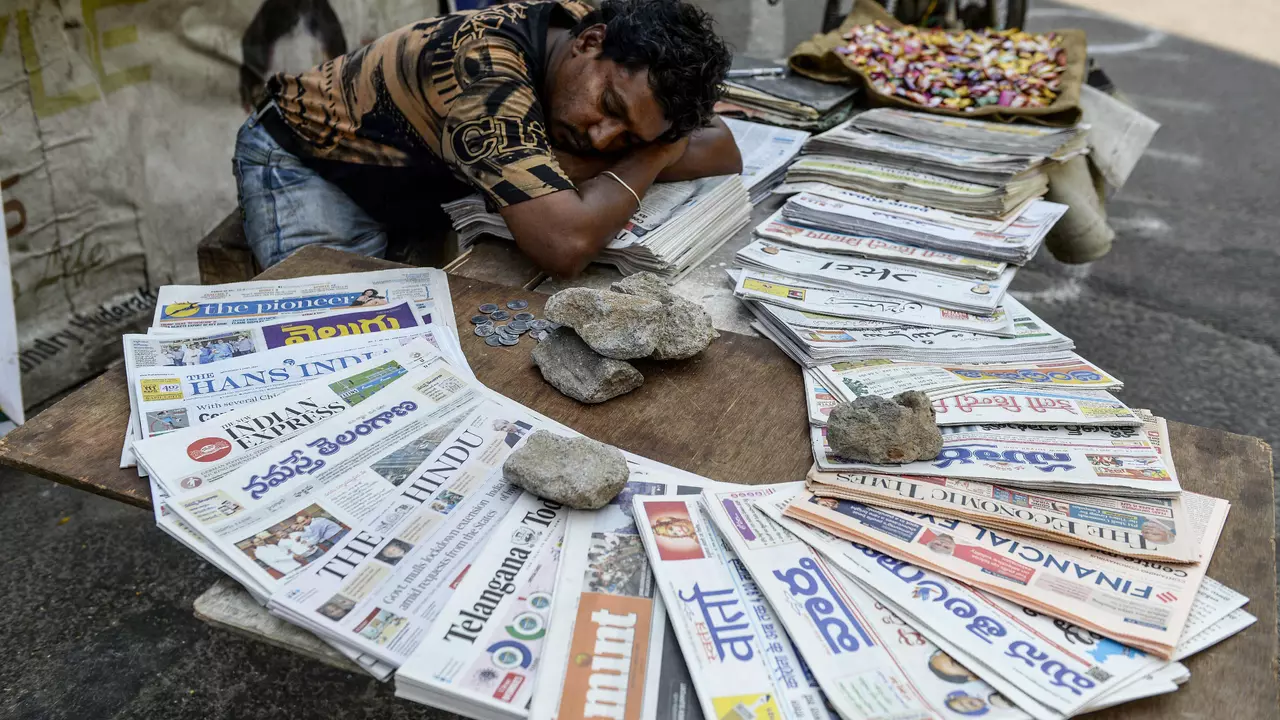Media Ownership: What It Means and Why You Should Care
Ever wonder who decides what appears in your news feed? The answer often lies in who owns the media outlet. Media ownership means the people or companies that control TV channels, newspapers, websites, and radio stations. When a handful of owners control many outlets, they can influence what stories get told and how they're presented.
Who Owns the Media?
In most countries, big corporations, wealthy families, or even governments own the major media brands. For example, a single company might own several TV channels, a newspaper, and a popular news website. This concentration can lead to similar viewpoints across different platforms. It doesn’t always mean the news is fake, but it does mean you get a narrower range of opinions.
How Ownership Affects What You See
Owners set the overall direction of their outlets. They decide which topics are important, which stories get front‑page space, and which voices get invited for interviews. If an owner has business ties to a certain industry, you might see less criticism of that industry. Likewise, a government‑owned channel may focus on positive stories about its policies. This is why it’s smart to check who runs a source before you trust every detail.
One practical tip is to look for a "About Us" or "Ownership" section on a news site. It often lists the parent company and any major shareholders. When you see the same name pop up across several sources, it’s a clue that the coverage might share a common bias.
Another simple step is to diversify where you get your news. Mix national outlets with regional papers, follow independent blogs, and tune into foreign broadcasters that cover your country. By pulling information from different owners, you get a fuller picture and can spot inconsistencies more easily.
Regulation plays a role too. Some countries have rules that limit how many media outlets a single company can own. These rules aim to keep the market competitive and protect diverse viewpoints. Knowing whether your country has strong media regulation can give you an idea of how balanced the news landscape is.
In short, media ownership shapes the stories you read, hear, and watch. By checking who controls a source, seeking multiple perspectives, and staying aware of local media rules, you can make smarter choices about the information you trust. Keep these habits in mind and you’ll be better equipped to see the world beyond any single owner’s agenda.


